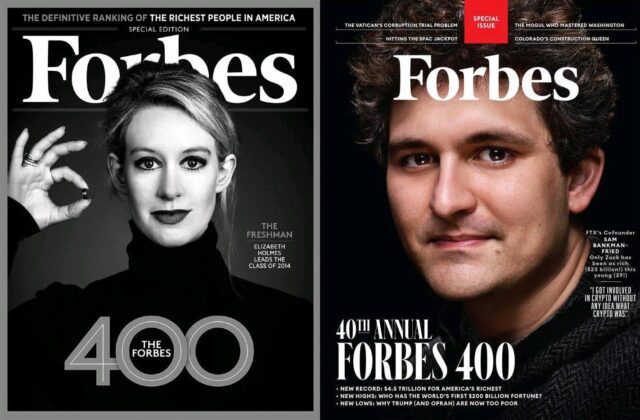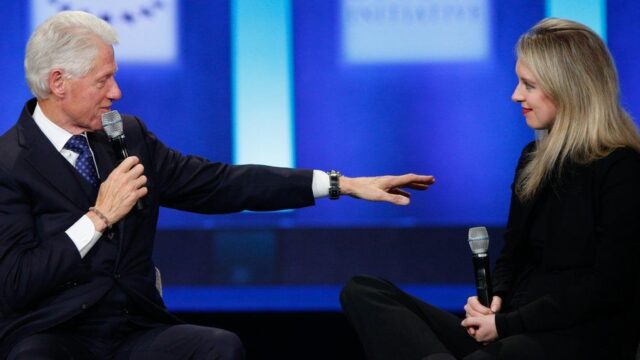Yesterday, a man recently touted as the “JP Morgan of crypto” was led into a police car in the Bahamas. Sam Bankman-Fried, the founder of cryptocurrency platform FTX, was arrested after the sudden collapse of his company and the yet-to-be-determined potential loss of $8 billion in customer funds.
His sudden fall was reminiscent of many other heros-turned-villains, like Theranos founder Elizabeth Holmes and former NASDAQ chairman Bernie Madoff.
Before making headlines for their crimes, they filled cover stories with tales of greatness. Even the editors of Forbes Magazine were taken by their visions.

A common thread through the stories of Elizabeth Holmes, Bernie Madoff, and Sam Bankman-Fried is a claimed disruption so significant, one might believe they were too good to be true. And such naysayers would have been right.
When Elizabeth Holmes was pitching Theranos, she claimed to have a device that could run 100+ lab tests from a single drop of blood. Sam Bankman-Fried was seen as the sane brainiac in an industry defined by speculation and risk. For Bernie Madoff, it was years of uncanny stock picks that matched the market’s biggest wins and avoided its steepest losses.
In retrospect, it’s easy to look at such claims and laugh at anyone who believed them. But there’s a reason such claims aren’t obviously fraudulent in the moment.
That’s because not everything that sounds too good to be true ends up being so. Imagine telling a person holding a 1.4 megabyte floppy disk in 1999 that in 20 years, a USB thumb drive a fraction of its size would hold 128 gigabytes – a 100,000X improvement — yet cost roughly the same. Or telling a shopper at a record store in 1975 that they would someday carry a device that held every song ever recorded in their pocket, and that the service would cost the same each month as a single album. Sometimes, disruptions that change our world forever sound just as outlandish as those that fail to deliver.
The lesson here? If it sounds too good to be true, it’s probably one of two things: fraud or the future.
If it were easier to decipher between the two, you likely wouldn’t see Elizabeth Holmes on stage with former presidents, or Sam Bankman-Fried enlisting NFL stars to record Super Bowl commercials.

So rather than having a golden rule for discerning between fraud and the future, consider this age-old advice: don’t put all of your eggs in one basket, no matter how promising that basket may sound.
